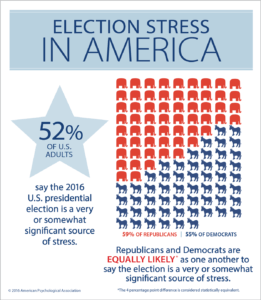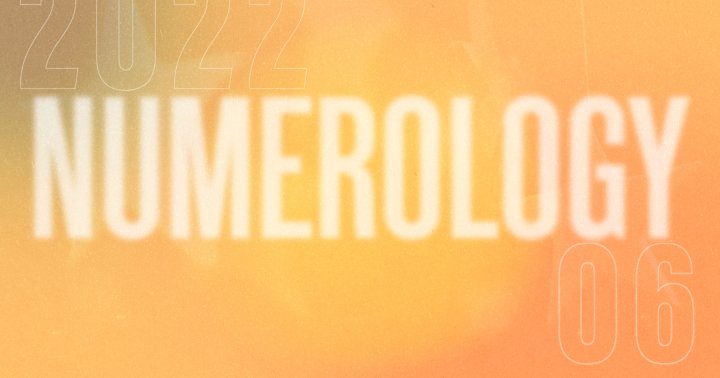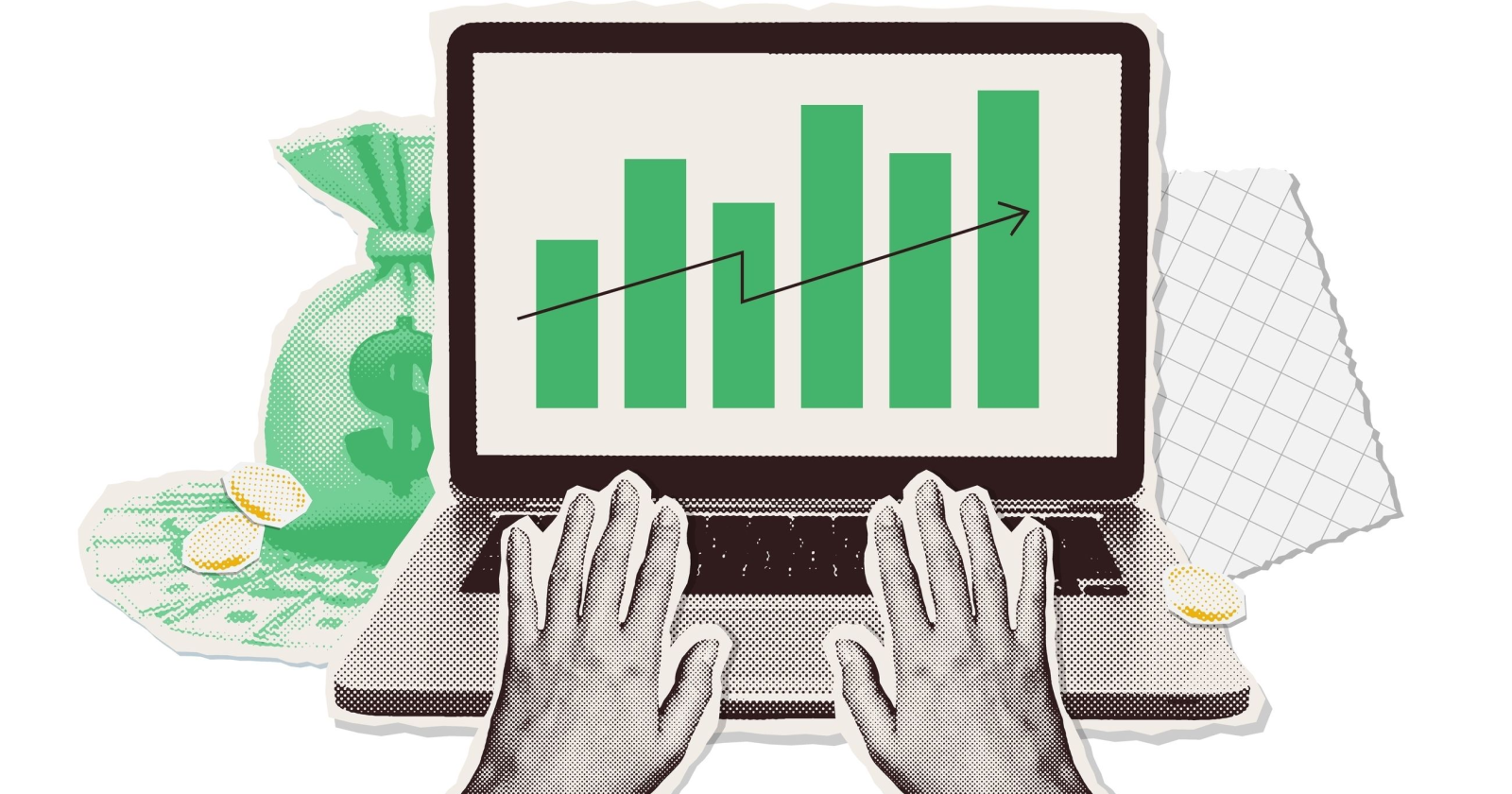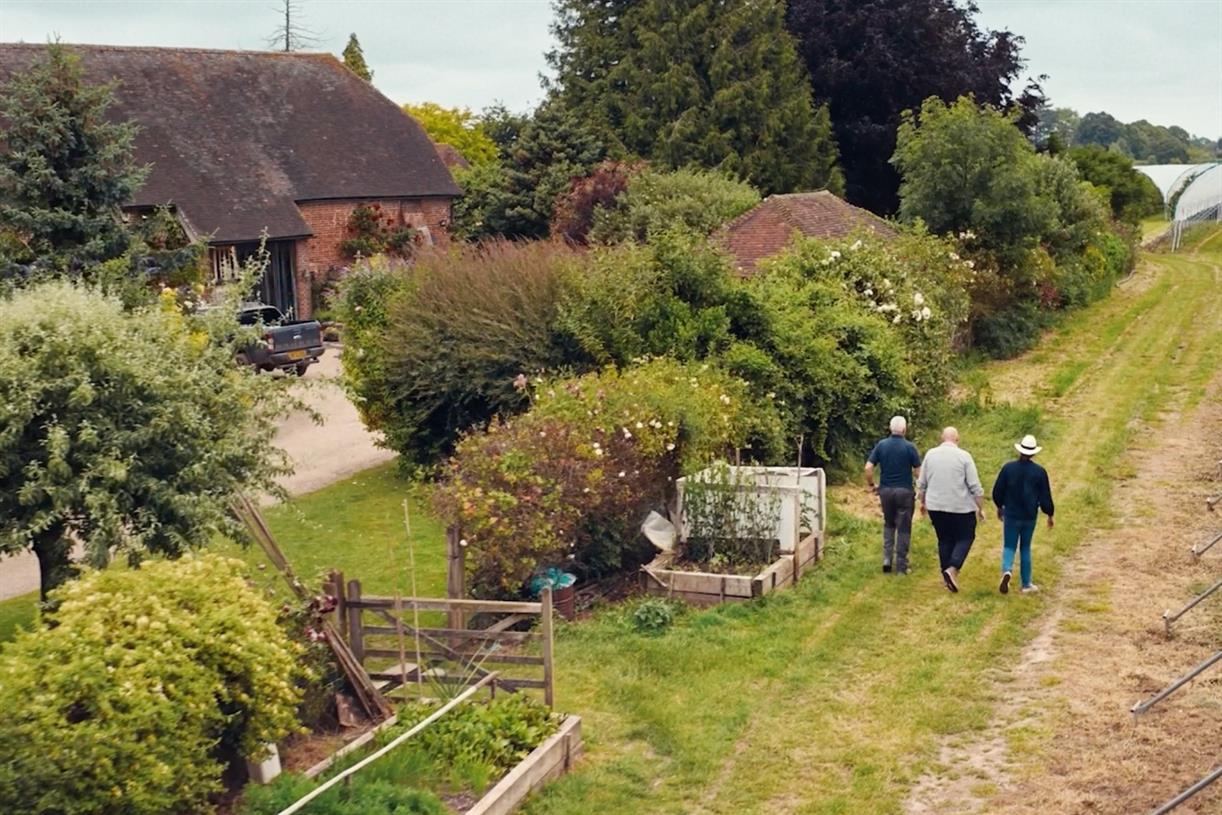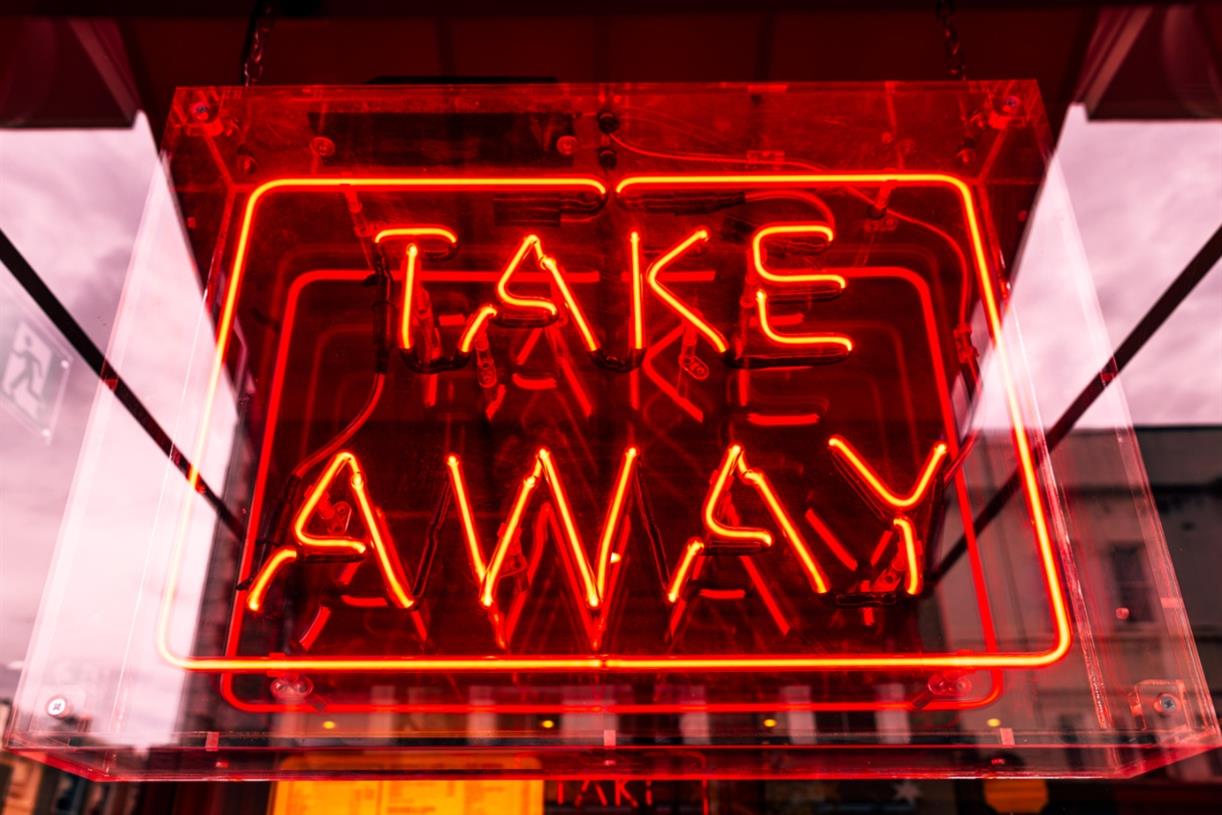7 Mindful Strategies to Ease Election Anxiety
When we feel anxious we become reactive and are more likely to oversimplify life through a narrow lens. Here are 7 mindfulness techniques to combat the negative political rhetoric. The post 7 Mindful Strategies to Ease Election Anxiety appeared...

When we feel anxious we become reactive and are more likely to oversimplify life through a narrow lens. Here are 7 mindfulness techniques to combat the negative political rhetoric.
By Susan Kaiser GreenlandNovember 1, 2024Well-BeingPresidential elections in the past have been negative and hard fought, but the 2016 election was the first one in memory to have produced a recognized psychological condition. A therapist in suburban DC even coined a name for it—Election Stress Disorder—while a 2016 online survey from the American Psychological Association (APA) found that more than half of all Americans felt stressed about the election.
Now, two elections later, 77% of U.S. adults say that “the future of our nation” constitutes a significant source of stress in their lives, according to the APA’s 2024 Stress in America survey. Are there ways of dealing with an anxious electorate short of putting Valium in the water supply?
A collective effort to help each other lower our political anxiety is important for reasons that reach well beyond the day of the election. When people feel anxious they move into a reactive mode. Anxious people tend to be less flexible and less open to new experiences and points of view. They’re more likely to oversimplify what’s upsetting them and view life through a binary lens. In an election year that means voters will grab on to narrow, inflexible beliefs around issues and candidates as if they were life rafts: She’s smart but he’s not; he’s authentic but she’s inauthentic; they’ll run this country into the ground but we’ll build it up. Fear-based, constricted perspectives like these fuel the vitriol we see on TV and in social media.
When people feel anxious they move into a reactive mode. As a result anxious people tend to be less flexible and less open to new experiences and points of view. They’re more likely to oversimplify what’s upsetting them and view life through a binary lens.
Mindful Strategies to Ease Election Anxiety
Mindfulness techniques can help quiet our fear and anxiety, which allows the nervous system to settle down. Then our perspectives can broaden and we are more likely to look at the issues and candidates with an open mind. Major magazines and newspapers have been asking therapists to weigh in on this issue and it’s no surprise that many of them recommend mindfulness to turn this vicious cycle around. To cope with election-related angst experts suggest a few mindful practices like:
Focusing on something other than the electionBeing present in the momentRelating to thoughts and feelings with kindnessTry a guided compassion practice to remind yourself that you have something in common with everyone, even those who are quite a bit different than we are.A Compassion Practice for Opening the Heart
A 15-minute meditation that begins by imagining yourself surrounded by a circle of the most loving beings, making generous offerings of love and goodwill to you.
Basic Mindfulness Strategies to Quiet the Noise
Had someone told me a couple of decades ago that I should use mindfulness to ease my election worry I would have seen it as naïve at best. I was a pragmatic corporate lawyer just learning to meditate and I didn’t yet understand the importance of teaching people to view interpersonal experiences through the lens of the nervous system.
But the relentless negativity and divisive discourse of this election drives this point home, even to skeptics: We need to teach people basic strategies to quiet the noise in their heads so that we can actually listen to each other. Meditation can jumpstart the process but it’s not the only way to achieve this goal.
There are mindfulness-based strategies that beat back overwhelming emotions and broaden people’s perspectives that require no meditation at all. For example:
If someone makes you mad, think of three things the two of you have in common.If something upsets you, remember there’s good in your life too and name three good things.If you’re stressed by this election, remember this: In the end, too much worry can be a prison. It hijacks the mind and limits its bandwidth.You can’t think as clearly or respond as flexibly when your mind is agitated as when it is calm. So what’s the key that will unlock the door? Look outside of yourself and towards the world. Get out there and do something. Read stories about people who inspire you. If you’ve got the time, volunteer. If you’re busy, help an elderly person cross the street. Connect and participate. But most important, vote!

 Tfoso
Tfoso 